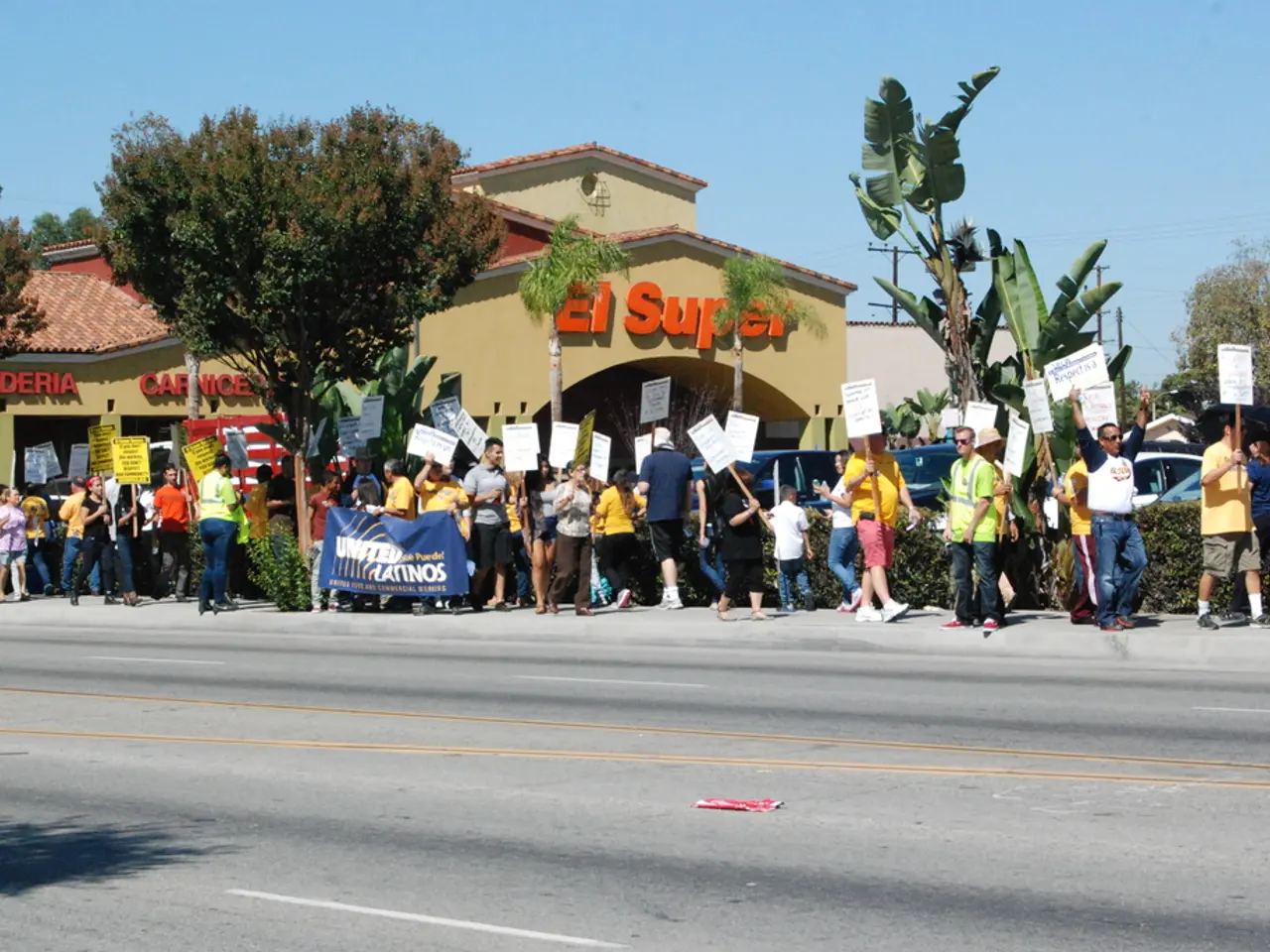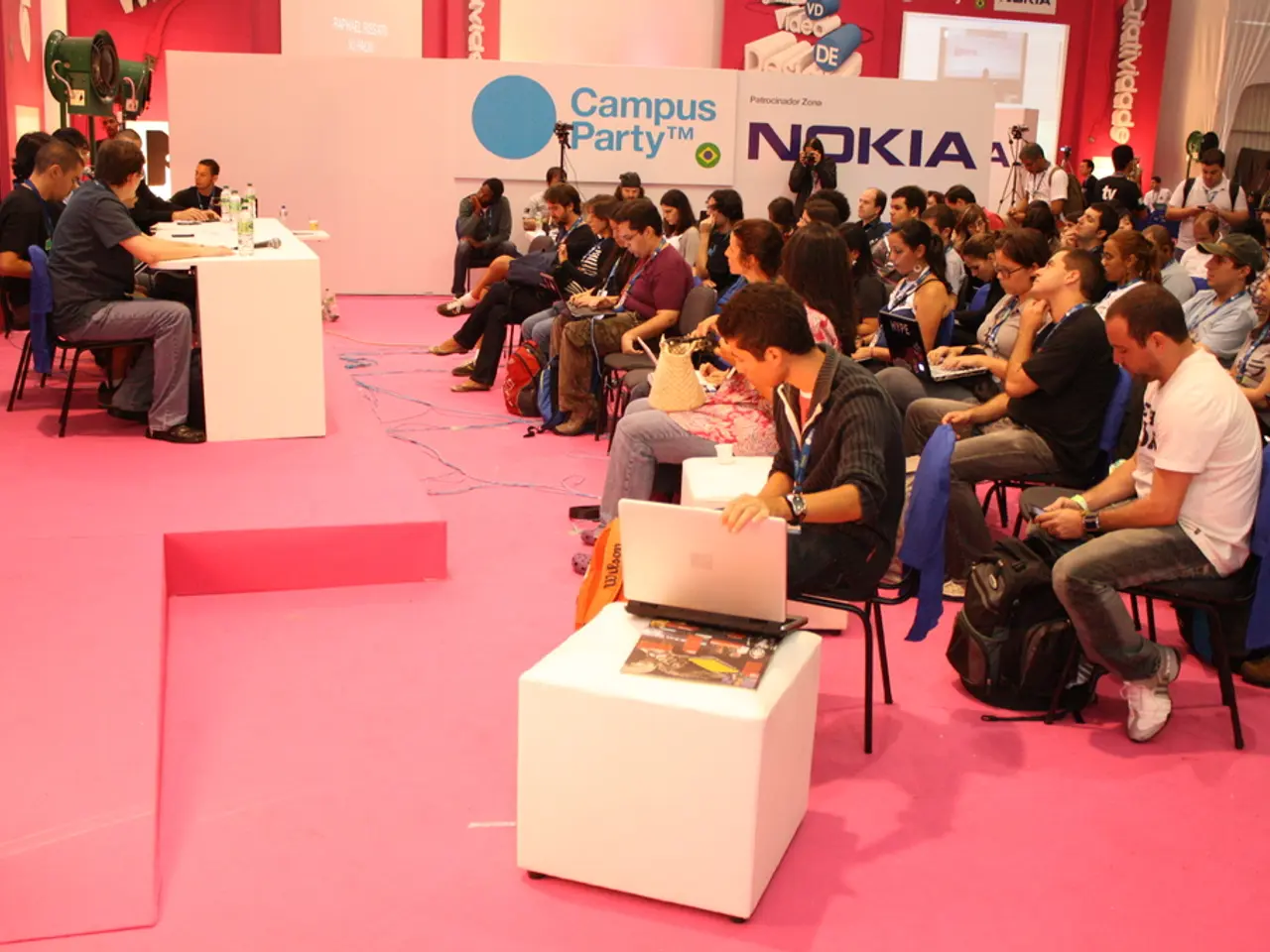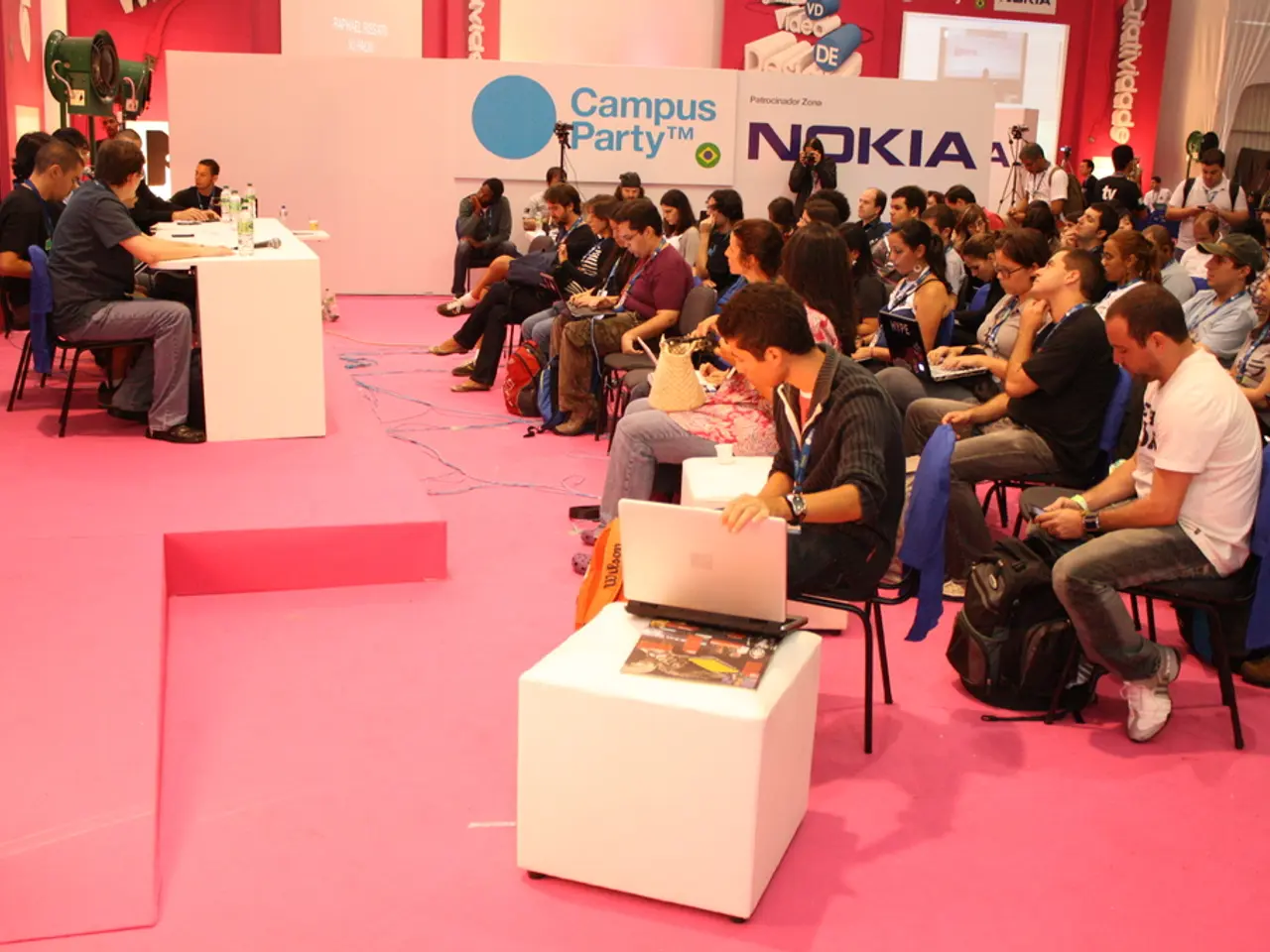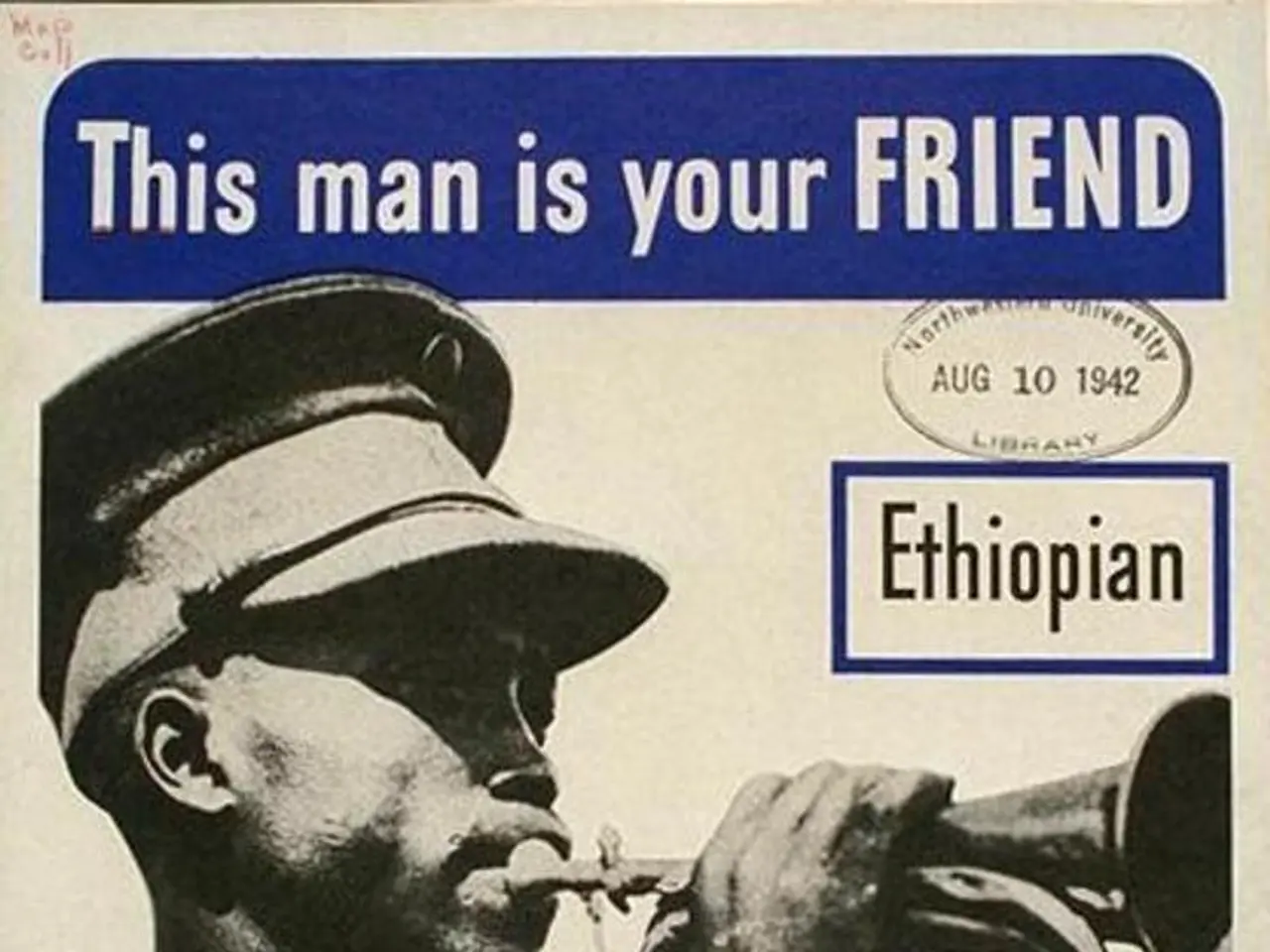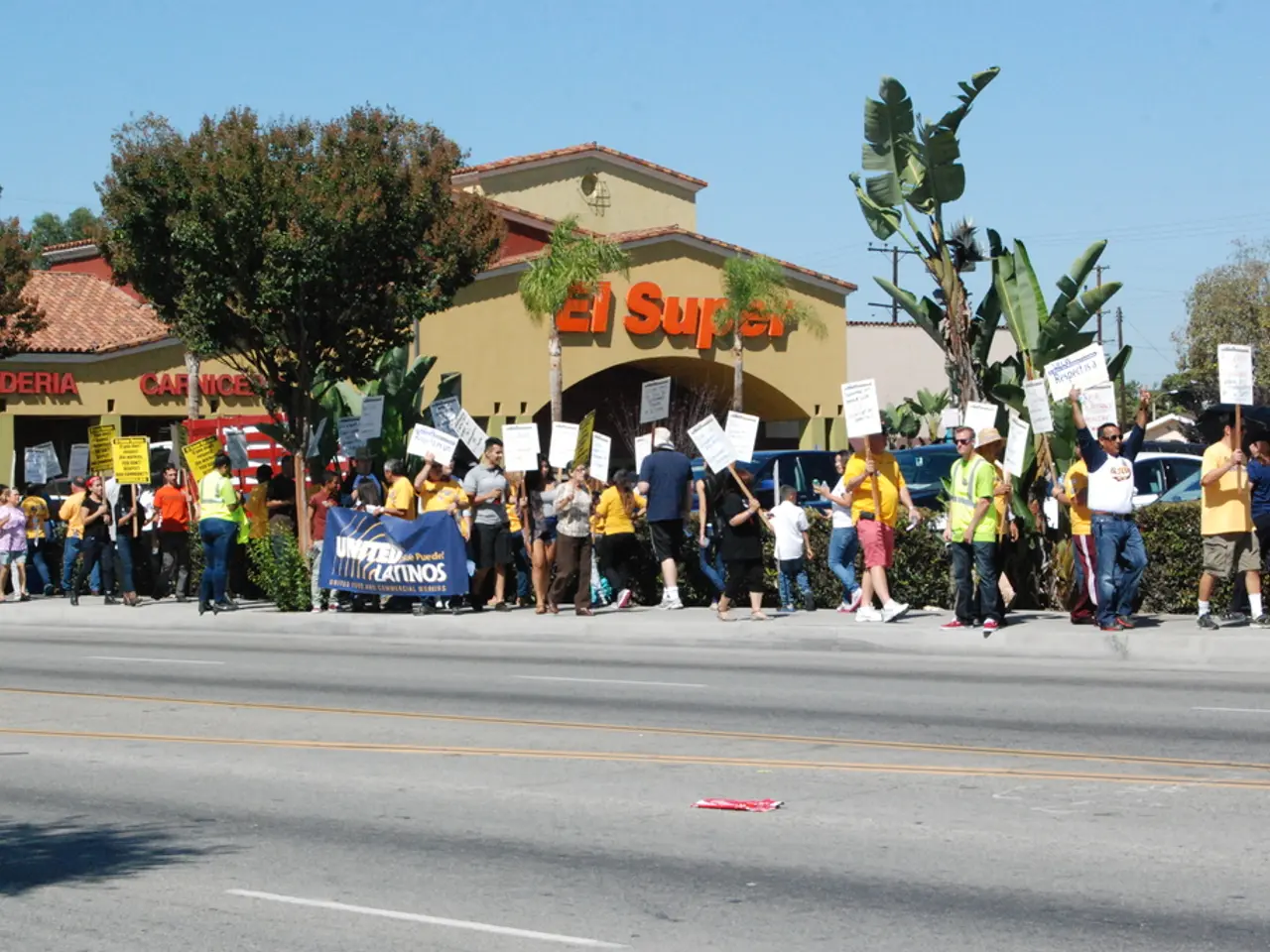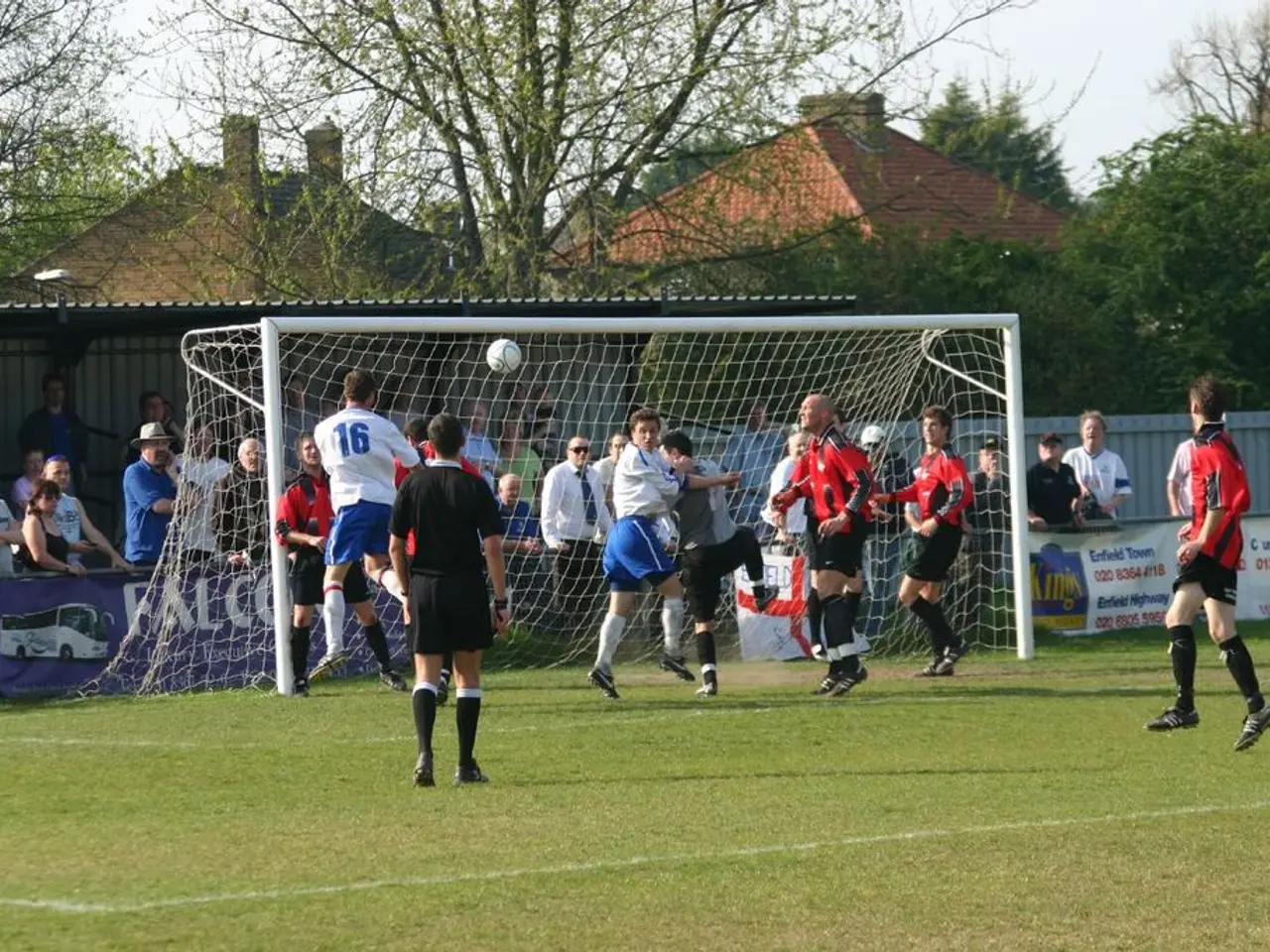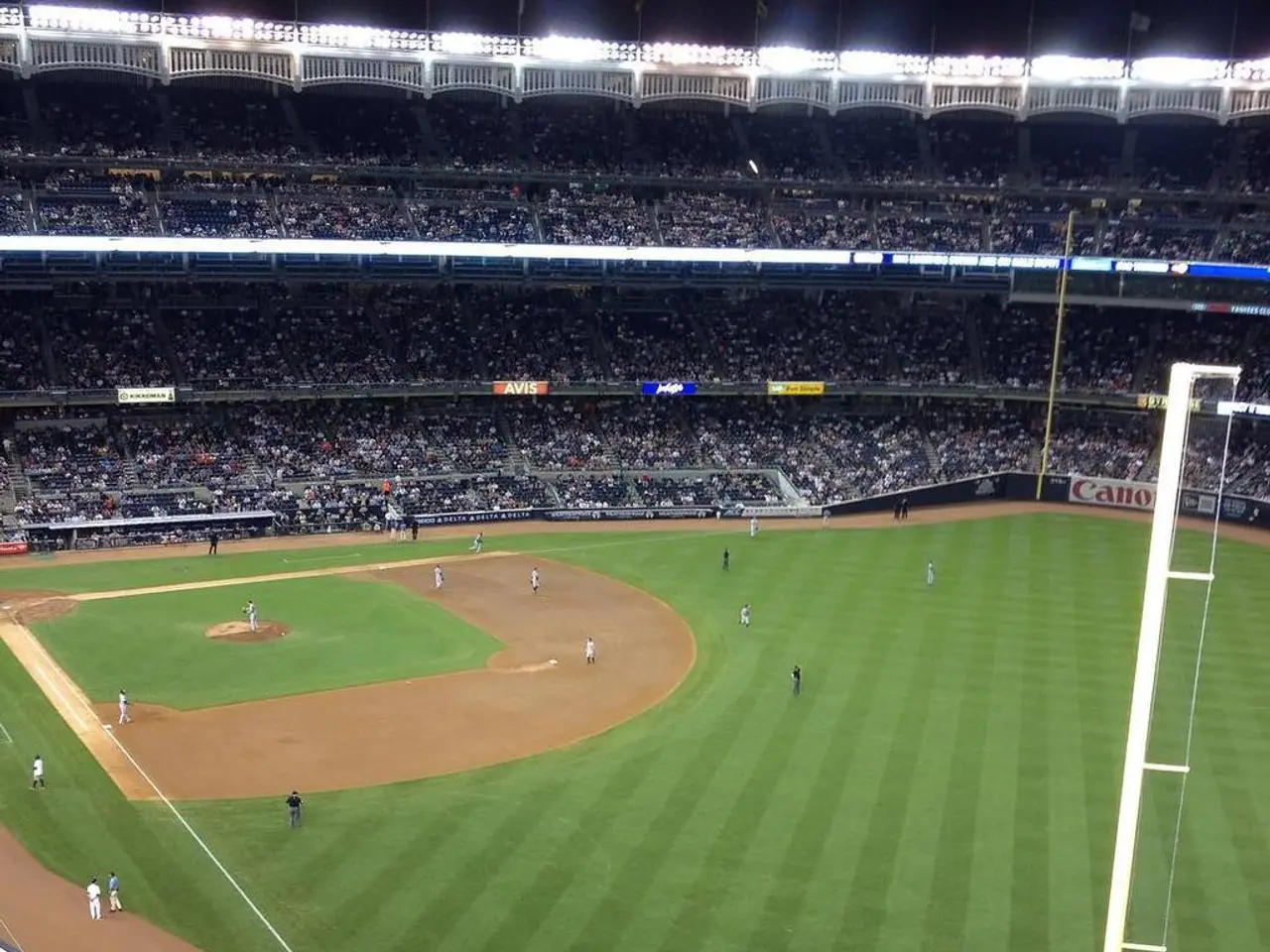"Sule Lamido Explains Why Atiku Abubakar opted for a Different Political Party in Pursuit of His Presidential Goals"
Atiku Abubakar, former Vice President of Nigeria, has officially left the Peoples Democratic Party (PDP) and is now seeking a political platform for his 2027 presidential bid. Sule Lamido, the former Governor of Jigawa State, hinted at Atiku's dissatisfaction with the PDP, stating that he may not have found a platform that offers fairness and openness in the process of picking the presidential ticket.
Lamido made these remarks during an appearance on Channels Television's Politics Today. He emphasized that Atiku is at liberty to look for another political platform, and speculations suggest that he may run for the presidency on the platform of the African Democratic Congress (ADC).
Atiku's decision to leave the PDP in July 2025 was due to irreconcilable differences and concerns about the party's deviation from its foundational principles. After his resignation, he joined forces with other opposition leaders, including Peter Obi and Nasir El-Rufai, to form a new political coalition under the ADC. This coalition aims to challenge President Bola Tinubu's All Progressives Congress (APC) in the 2027 general elections.
The ADC coalition includes former Senate President David Mark as interim national chairman, indicating a serious political realignment in Nigerian politics. Atiku's history of changing political parties to pursue the presidency continues with this latest move, as he adopts the ADC platform rather than the PDP for his 2027 bid.
In 2014, Samuel Ortom, a former PDP Minister and NEC member, left the party to run under the APC, citing similar reasons to Atiku. Lamido noted that politicians have been switching parties over the past 20 years, with individuals pursuing a political platform different from being members of a specific party.
However, Lamido did not provide any details about the specific issues of fairness and openness that Atiku has encountered in his current political party. The exact nature of Atiku's personal aspirations that differ between political parties is also not specified.
In conclusion, Atiku Abubakar is no longer with the PDP and is contesting the 2027 presidency under the newly formed ADC coalition. The ADC aims to provide a fair and open platform for Atiku to pursue his presidential ambitions and challenge the incumbent president, Bola Tinubu, in the 2027 general elections.
- Atiku Abubakar, once a member of the Peoples Democratic Party (PDP), is now seeking a political platform for his 2027 presidential bid outside the PDP, possibly with the African Democratic Congress (ADC).
- Sule Lamido, a former PDP member, has hinted at Atiku's dissatisfaction with the PDP, stating that he may not have found a platform offering fairness and openness in the process of picking the presidential ticket.
- After his resignation from the PDP in July 2025, Atiku Abubakar joined forces with other opposition leaders to form a new political coalition under the ADC, aiming to challenge President Bola Tinubu's All Progressives Congress (APC) in the 2027 general elections.
- The African Democratic Congress (ADC) coalition, led by former Senate President David Mark, represents a significant political realignment in Nigerian politics, as Atiku Abubakar adopts the ADC platform rather than the PDP for his 2027 presidential campaign.
- Samuel Ortom, a former PDP member, switched parties in 2014 to run under the APC, citing similar reasons as Atiku Abubakar, signifying a long-standing trend of politicians changing parties over the past 20 years.
